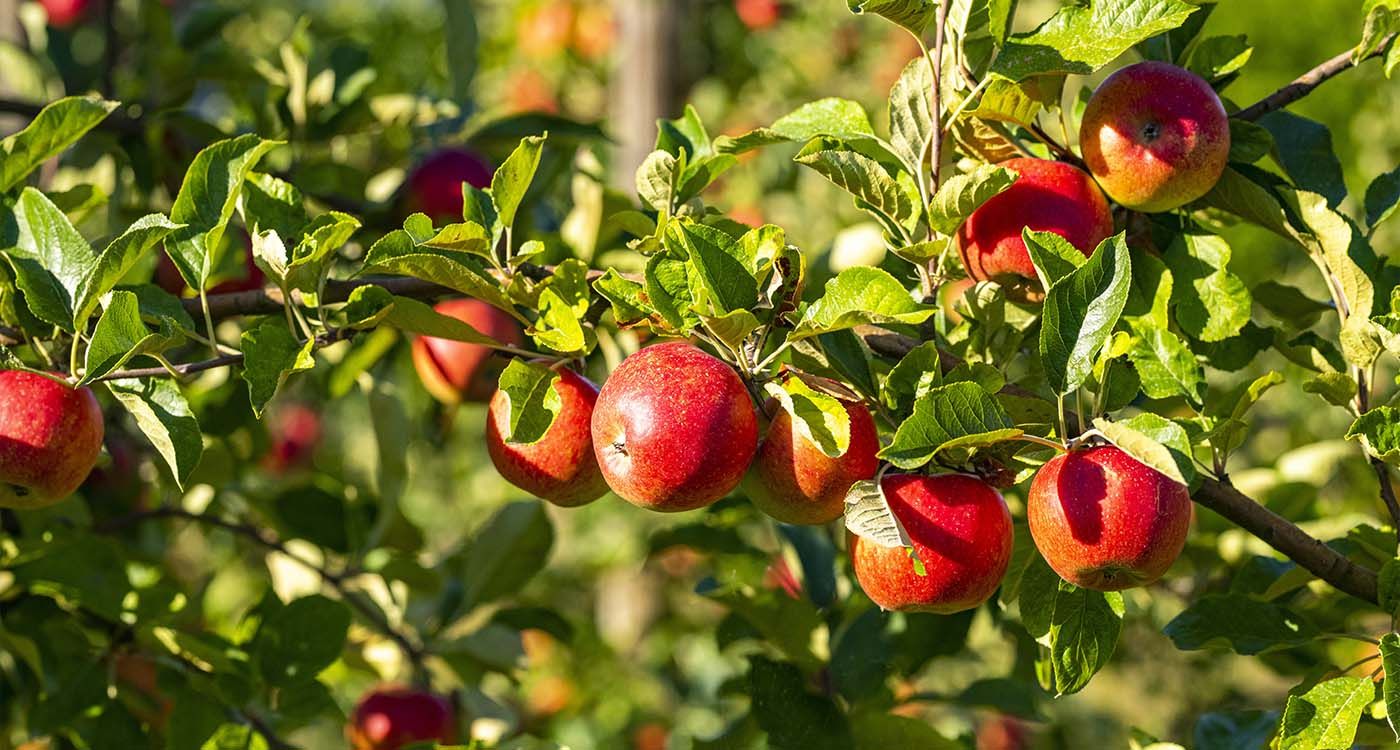
As autumn paints Lebanon’s hills in shades of red and green, apple season is in full swing. Crunchy, juicy, sweet or tangy, apples are more than a simple fruit; they are the lifeblood of villages across the country, from the Beqaa Valley to Akkar. Yet behind this picturesque image lies a troubling reality: a surplus of apples and too few markets to absorb them.
In many mountain communities, apples are far more than a dessert – they are an economic pillar. Families depend on the harvest to cover schooling, healthcare and daily expenses. When apples go unsold, the entire rural economy wobbles. Juice, jams, artisanal cider and vinegar exist as alternatives, but they are insufficient to handle overproduction.
Export Challenges
“Surpluses were traditionally sold to neighboring Arab markets,” explains a Lebanese apple grower to This is Beirut. “But with complicated borders, soaring transport costs and a lack of clear government strategy, apples now pile up in cold storage or are sold cheaply as compote.”
A Political Warning: The ‘Apple Revolution’
Two days ago, MP Walid al-Baarini raised the alarm on X: “We are approaching apple harvest season, a national product that is a vital source of livelihood for our families. We ask the government, particularly the Ministry of Agriculture: What have you done to open Arab markets? A failed season would be catastrophic for thousands of households. Beware the apple revolution!” His warning is clear: public frustration could spill beyond the orchards if no action is taken.
However, Agriculture Minister Nizar Hani told This is Beirut that significant efforts are underway to open new markets and boost Lebanese exports. He regrets, though, that despite initiatives with Saudi Arabia, land routes remain closed for Lebanese agricultural products, a crucial path for apple exports. Currently, Iraq is the only significant importer of Lebanese apples. Minister Hani added that he will travel to Egypt next week to discuss export strategies and regulatory frameworks.
What Needs to Be Done
According to Hani, steps should include reopening Gulf and Jordanian markets, promoting local processing into high-value products such as cider, vinegar and dried snacks, and encouraging Lebanese consumers to buy local. He envisions a campaign: “Eat an Apple a Day, Save a Village,” turning a simple act of health into a gesture of solidarity.
If an apple a day keeps the doctor away, in Lebanon, it could also help avert a social and economic crisis. However, if nothing is done, it won’t just be the fruit that falls from the trees; the entire rural economy that could topple, and the so-called “apple revolution” could become a reality.




Comments